
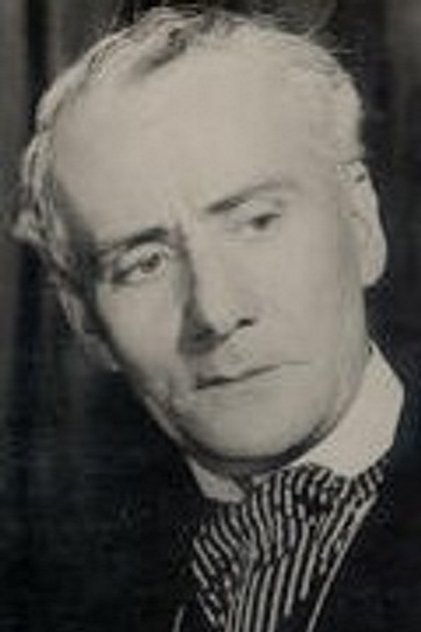
Rudolf Essek
Born: March 4, 1885
Died: January 11, 1941
in Wiesbaden, Germany
Died: January 11, 1941
in Wiesbaden, Germany
Rudolf Essek was born on 4 March 1885 in Wiesbaden, Hesse, Germany. He was an actor, known for Mädchenjahre einer Königin (1936), Die Wittenberger Nachtigall (1913) and Die Einödpfarre (1915). He died on 11 January 1941 in Berlin, Germany.
Movies for Rudolf Essek...
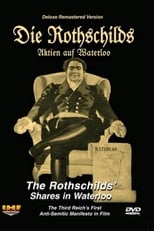
Title: The Rothschilds
Character: Aktienaufkäufer
Released: July 17, 1940
Type: Movie
Biopic about the Rothschilds, a Jewish family whose members rose to the top of the European banking community during the Napoleonic era.

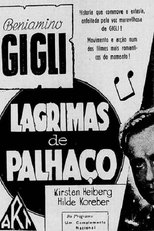
Title: Der singende Tor
Character: Lorenzo Perelli
Released: December 22, 1939
Type: Movie



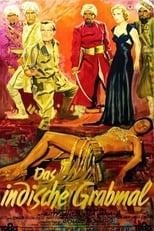
Title: The Indian Tomb
Released: January 27, 1938
Type: Movie
After the events of Der Tiger von Eschnapur, Maharadscha Chandra is ready to execute his well-planned vengeance, in which German architect Peter Fürbringer, his fiancée Irene and his assistant will have to fight for their lives amidst a revolt fueled by traitor Prinz Ramigani.

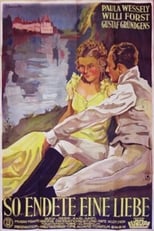
Title: So Ended a Great Love
Released: October 17, 1934
Type: Movie
The political advisor to the French emperor Napoleon, and the Austrian emperor Franz I, arrange a marriage between Napoleon and the Austrian archduchess Marie-Luise in order to prevent another war.


Title: Freies Volk
Character: Vorsitzender
Released: January 2, 1925
Type: Movie
Directed by Martin Berger.

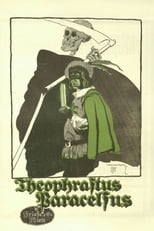

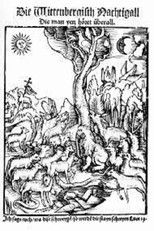
Title: The Wittenberg Nightingale
Character: Martin Luther
Released: September 1, 1913
Type: Movie
The film depicts the early life of the reformer Martin Luther and was produced by the Berlin and Vienna-based production company Rubin-Film. The premiere took place on September 1 1913. The showing of the film in Austria was banned because the film was likely to offend religious sensibilities. On April 20, 1921, following a complaint from the producer Báron, this decision was overturned by the film inspection authority with the restriction that the film “may not be shown in front of young people”.
